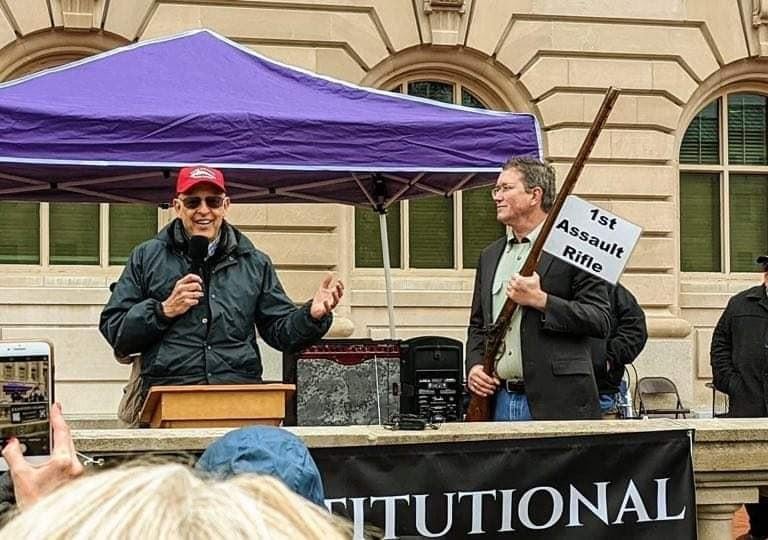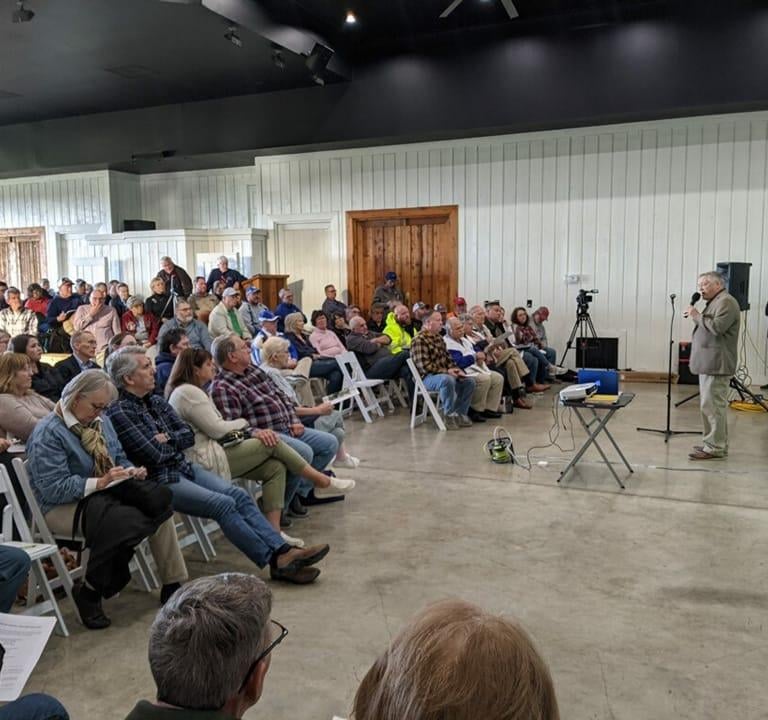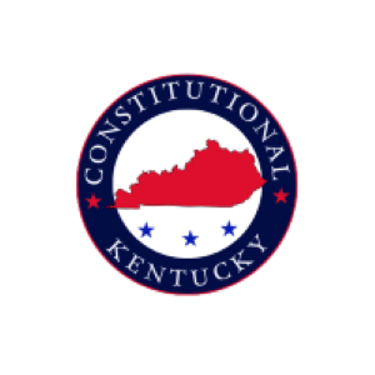Life without the Constitution
TL Wheatley
9/28/20255 min read
The United States Constitution is more than a historical document; it is the fundamental operating system of the nation. For many, its principles are so deeply embedded in daily life that they are taken for granted. But to truly appreciate its significance, we must engage in a thought experiment: What would life be like without it? The answer is not a libertarian paradise of absolute freedom, but a descent into political fragmentation, legal anarchy, economic stagnation, and the erosion of the very liberties we hold dear.
1. Political Fragmentation: A Confederation of Rivals
Without the Constitution, the United States would likely be a failed experiment. The Articles of Confederation. This framework created a "friendship between colonies, never unifying the nation. The consequences would be a permanent state of governmental incompetence and interstate hostility.
No real government
The Constitution establishes the three branches of the federal government, each with defined powers and a system of checks and balances. Imagine any government without them:
No Executive Power.
There would be no President. No one to act as Commander-in-Chief, conduct foreign policy, or enforce federal laws. The nation would be a ship without a captain, unable to respond decisively to foreign threats or domestic crises. Imagine a natural disaster striking multiple states; there would be no coordinated national response, leaving states to fend for themselves.
An Ineffective Legislature:
Our Congress, based on representation of both population and equality of every state, would not exist. Instead, a weak, unproductive legislature, like that under the Articles, would require a supermajority (nine of thirteen states) to pass any law. Making it nearly impossible to address national issues.
Interstate Conflict and Domestic Instability
The Constitution keeps states from acting like independent companies competing against each other. competing countries. Without it, the "United" States would be far from “united”.
In 1786 the Shay Rebellion showed how powerless the government was. There was no way to intervene. The period before the Constitution was full of conflicts. The national government under the Articles was powerless to act. It had no army and no authority to ask other states to help. It demonstrated a weak central government that could not control domestic, much less international order.
The Collapse of a Unified Legal System
The Constitution's Article III establishes a federal judiciary, and Article VI contains the Supremacy Clause, which declares federal law the "supreme Law of the Land." Without these as foundations, the legal picture would be a complete collapse into chaos.
No way to resolve disputes
The Supreme Court serves as the ultimate authority on legal and constitutional questions. Without it, there would be no mechanism to resolve disputes between states or to ensure uniform interpretation of laws.
Contradictory Rulings:
A business contract deemed valid in one state could be ruled void in another. A citizen's rights could be interpreted one way in one state and completely differently just across the border. The uncertainty of legality would make interstate commerce and travel with risk.
State Defiance:
Even if a weak federal legislature managed to pass a law, states could simply ignore it. Without the Supremacy Clause and a federal court to enforce it, federal laws would be mere suggestions. This would render the central government entirely symbolic.
Erosion of Fundamental Legal Protections
The body of the Constitution itself, even before the Bill of Rights, contains critical protections that would vanish. Article I, Section 9 prohibits Congress from passing bills of attainder (laws declaring a person guilty of a crime without a trial) and ex post facto laws (laws that retroactively criminalize an act). It also protects the writ of habeas corpus, preventing unlawful detention. Without these, a government could arbitrarily imprison its citizens and punish them for past actions that were legal when they occurred.*
3. Economic Stagnation
Our complex economy is impossible without the legal and some regulatory stability provided by the Constitution. Without it, it would cause a cascade of economic failures, leading to poverty and a loss of international standing.
___________________________________________________
The End of a National Market
The Commerce Clause (Article I, Section 8) is arguably the most important economic provision in the Constitution. It gives Congress the power to regulate commerce "among the several States." Without it:
Trade Wars: As mentioned, states would be free to erect protectionist barriers, strangling the free flow of goods and services that fuels the national economy. The U.S. would become a balkanized economic zone, similar to Europe before the creation of its common market.
No National Infrastructure: Large-scale projects like the interstate highway system, national power grids, and telecommunications networks would be impossible to coordinate or fund. Each state would focus only on its internal needs, creating a disconnected and inefficient whole.
Financial Chaos
The Constitution grants the federal government vital financial powers. Their absence would be catastrophic.
No Power to Tax: The federal government would lack the power to levy direct taxes on individuals or businesses. Like under the Articles, it would have to beg states for funds, a notoriously unreliable system. This would prevent it from funding a military, paying national debts, or providing any public services.
Multiple Currencies: Without the congressional power to "coin Money," the nation would lack a single, stable currency. The resulting hyper-complexity of exchange rates and transaction costs would cripple trade and investment.
No Intellectual Property Protection: The power to grant patents and copyrights is a federal one. Without it, inventors and artists would have no national protection for their work, drastically reducing the incentive for innovation and creativity.
4. The Precarious State of Individual Liberties
Perhaps the most terrifying consequence of a life without the Constitution would be the loss of guaranteed individual rights. The Bill of Rights, and subsequent amendments, acts as a shield protecting citizens from government overreach. Without this shield, rights would be subject to the whims of state legislatures and the "tyranny of the majority."
The Bill of Rights: A Voided Contract
Imagine a reality where the government could:
Control Speech and Religion: Without the First Amendment, there would be no federally protected right to freedom of speech, press, or religion. A state government could establish an official state church, jail journalists for criticizing officials, and ban public protests.
Invade Privacy at Will: Without the Fourth Amendment, there would be no protection against "unreasonable searches and seizures." Government agents could enter your home and seize your property without a warrant or probable cause.
Deny Fair Trials: Without the Fifth and Sixth Amendments, concepts like the right to a grand jury, protection against self-incrimination, and the right to a speedy and public trial by an impartial jury would not be guaranteed at a national level. A person could be held indefinitely without charges or subjected to a secret trial.
The Vulnerability of Minorities
The Constitution's checks and balances, separation of powers, and equal protection clauses (in the 14th Amendment) are designed to protect minority groups from oppression by the majority. In a system of unchecked state power, a state legislature could easily pass discriminatory laws targeting ethnic, religious, or political minorities, with no recourse to a higher federal authority. The long and difficult struggle for civil rights, which relied on enforcing constitutional principles against defiant states, would have been impossible.
Conclusion: The Indispensable Framework
Life without the Constitution would not be a world of enhanced freedom. It would be a regression to a state of perpetual conflict, instability, and oppression. The nation would be a fractured collection of economically weak and legally disparate states, unable to defend itself or protect its citizens. Individual rights would be fragile, existing only at the pleasure of state governments. The intricate machine of American governance, designed to "secure the Blessings of Liberty," would grind to a halt. This thought experiment reveals a profound truth: the Constitution is not a chain that binds us, but the very framework that allows a complex, diverse, and free society to exist and flourish.






